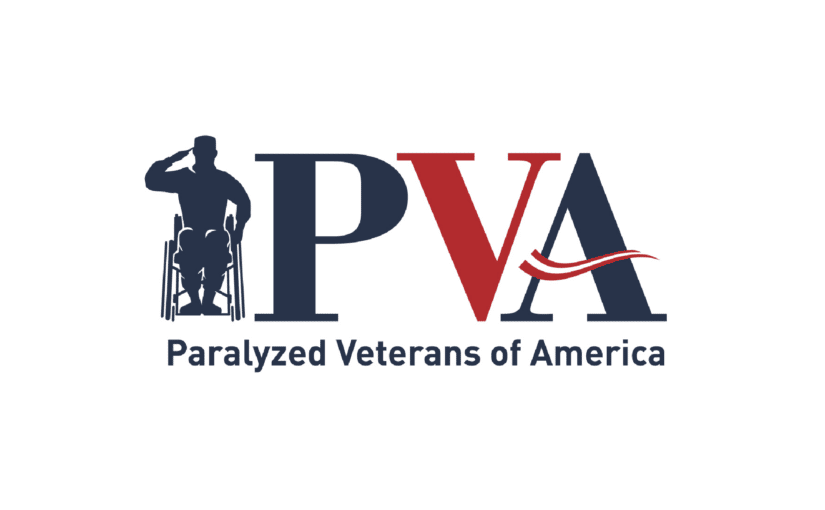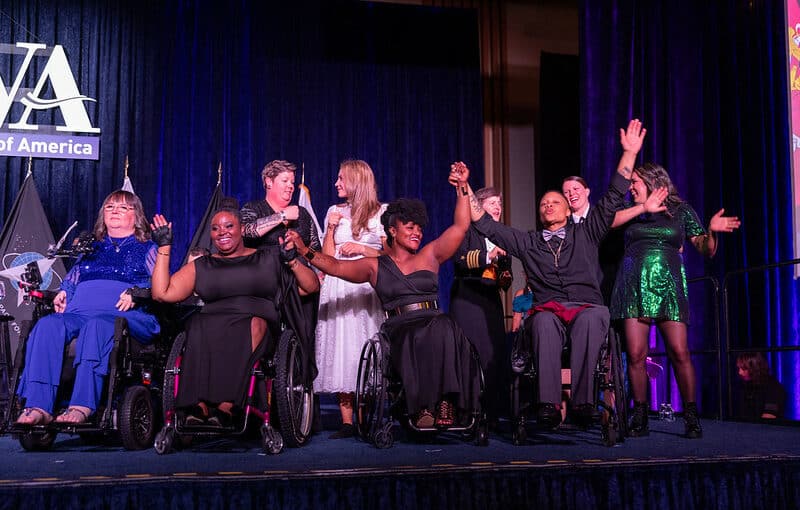Air Carrier Access Amendments Act of 2017, Section-by-Section
Post Date: June 23, 2017Washington, DC – 6/23/17
Section 1: Short Title
Section 2: Findings; Sense of Congress
Section 3: Definitions
Section 4: Improving Access to Air Transportation for Individuals with Disabilities
- Air carriers may not discriminate against an individual on the basis of a disability. Air carriers may not deny an individual to participate in or benefit from goods, services and facilities provided by the air carrier; impose eligibility criteria screening out individuals with disabilities; or purchase or lease aircraft that is not readily accessible to and usable by individuals with disabilities.
- Air carriers must offer goods, services and facilities to individuals with a disability in the most integrated setting appropriate to the needs of the individual; ensure no individual with a disability is excluded from or denied services; and remove physical and communication barriers to allow equal access to goods, services and facilities provided by the air carrier.
- The Department of Transportation (DOT) must ensure individuals with disabilities traveling by airplane are able to file a complaint in response to disability-related discrimination. DOT must provide a telephone hotline for real-time assistance. Further, DOT shall investigate each complaint and may refer alleged violations to the Department of Justice.
- Air Carrier Access Act enforcement is strengthened by a private right of action.
Section 5: Standards
- The United States Access Board will put forward standards to ensure aircraft are accessible to individuals with disabilities. These standards will address at a minimum boarding and deplaning equipment, seating accommodations, lavatories, visually accessible announcements, and proper stowage options for assistive devices, including required medical equipment, supplies and medications.
- Gates, ticketing areas and customer service desks will be accessible by individuals with disabilities.
Section 6: Regulations
- Air carriers will ensure passengers with disabilities receive timely and effective assistance at airports and on aircraft. Personnel providing physical assistance to passengers with a disability will receive hands on training to perform assistance and use and needed equipment.
- Passengers with disabilities will be able to receive access to bulk head seating if needed due to a disability regardless of class of service of ticket purchased.
- Individuals with disabilities traveling with psychiatric service animals will not be required to provide medical documentation as a basic accessibility requirement.
Section 7: Civil Penalties
- Existing civil penalties related to damage of a passenger’s wheelchair or other mobility aid, or injury to a passenger with a disability, may be increased.
Section 8: Airline Passengers with Disabilities Bill of Rights
- An Airline Passengers with Disabilities Bill of Rights will describe the basic rights and responsibilities of air carriers, contractors and individuals with disabilities under the Air Carrier Access Act in air travel.
Section 9: Study on In-Cabin Wheelchair Restraint Systems
- The United States Access Board will conduct a study to determine the ways in which individuals with significant disabilities who use wheelchairs, including power wheelchairs, can be accommodated through cabin wheelchair restraint systems. Further, DOT will put forward minimum guidelines consistent with the findings.
Section 10: Advisory Committee on the Air Travel Needs of Passengers with Disabilities
- An advisory committee for the air travel of passengers with disabilities will advise DOT in implementing the Air Carrier Access Act, as amended by this bill.



